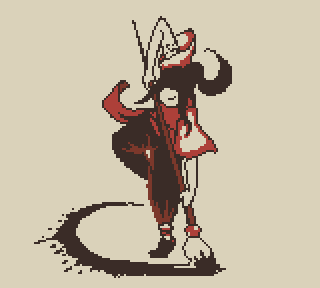
Book Thoughts: Yumi and the Nightmare Painter
After finishing Frugal Wizard, I launched directly into Sanderson's next audiobook: Yumi and the Nightmare Painter. In my last post I whined a bit about how Sanderson should use these books to explore a bit and deviate from his norm. He didn't do that here, but hot damn if this one isn't peak Brandon Sanderson.
I was honestly surprised with how good this one turned out. It went in a couple directions I genuinely didn't expect, he nailed the young romance (maybe even went a little too manga with that bit), and I just thoroughly enjoyed myself all the way through.
If it didn't have so many little Cosmere / Hoid references I would go as far as saying this would be the best "Introduction to Sanderson" book. It's an excellent standalone(mostly) novel that shows off Sanderson's unique twist on fantasy / magic at his current writing capacity (vs something earlier like Elantris). Yes, it's very young-adult, but I was a young adult when I got captivated by this kind of fantasy storytelling with the Wheel of Time at 13.
Sanderson used a lot of Japanese / Korean influence when designing this world, and managed to do it in a way that leaned on the imagery and language semantics of the cultures without stepping into stereotypes. Honestly it was quite clever - by evoking the Neo-Tokyo and ancient korea that we so commonly see in media, then deviating just enough, he managed to build a novel fantasy setting in way less words than would otherwise be needed.
If the last book was vanilla soft serve, this one was a hearty home-cooked meal with a touch of asian fusion. Comfy, just a tiny bit adventurous, very satisfying.
I want to add an extra note about how much I've been appreciating Sanderson's post-scripts in these books. Having the author openly talk about how different media he's enjoyed influenced how he builds his worlds and stories is very validating. It's something I do a lot when building stories and games in my head, and I've always felt slightly ashamed that my ideas are always just iterations, combinations, or extensions of ideas from other sources. It's one thing to hear an author talk about inspirations in interviews, and quite something else for them to be willing to openly stamp those sources of inspiration directly into their work, and even have the narrator read them out loud in the audiobook version.
